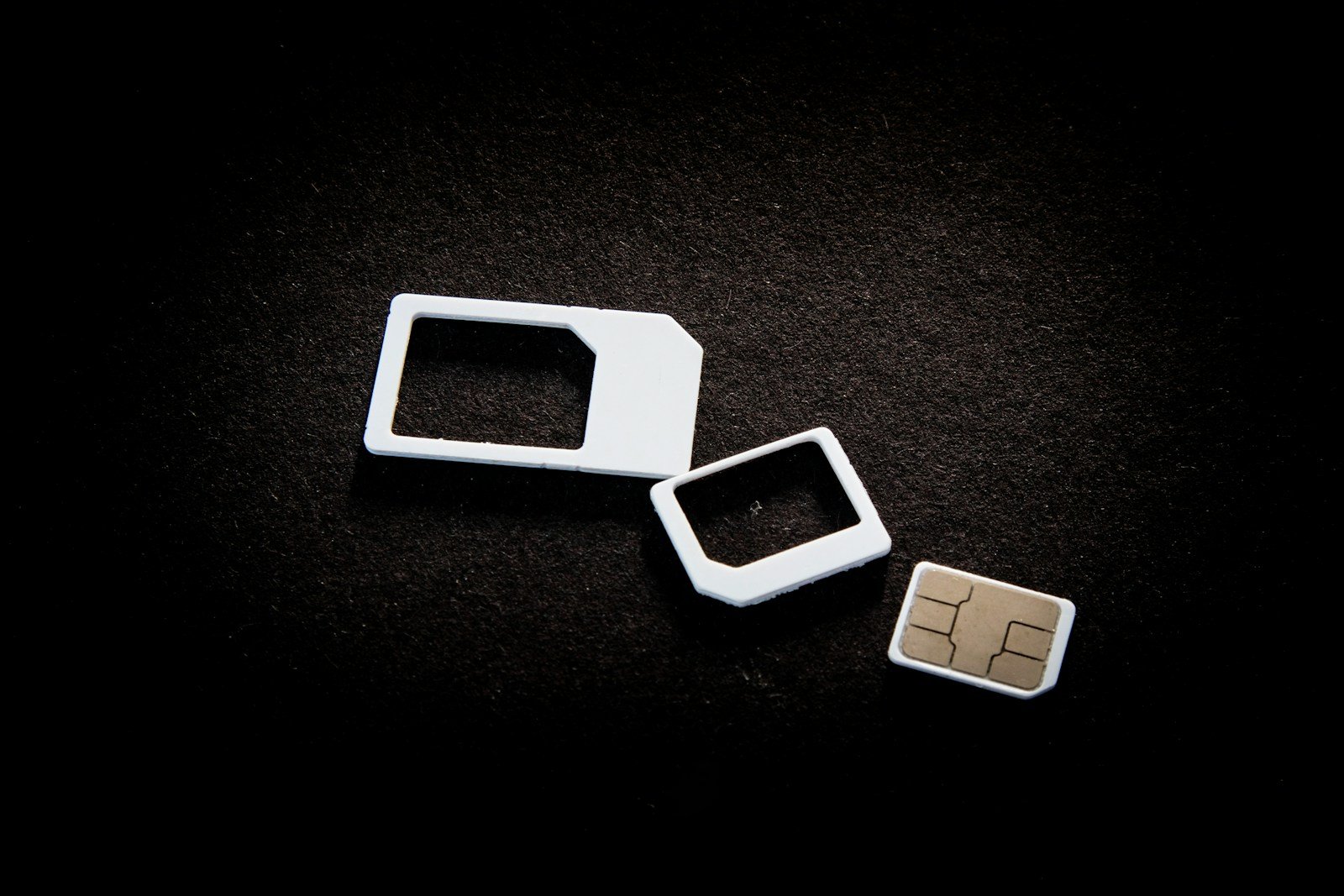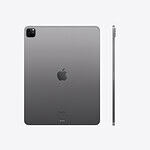SIM cards have been essential for mobile connectivity since the 1990s, but the landscape is rapidly changing in 2025 with the rise of eSIM technology. Here’s an up-to-date guide on the current state of SIM cards, which carriers still use physical SIMs, and who has moved on to eSIMs.
What Are SIM Cards and eSIMs?
- Physical SIM Cards: Small removable chips inserted into phones to identify and authenticate subscribers on a mobile network.
- eSIMs (Embedded SIMs): Digital SIMs soldered directly into devices, allowing users to activate cellular plans without physical cards. They enable multiple plans on one device and quick carrier switching.
Current Trends in SIM Card Usage (2025)
Which carriers use SIM Cards and which don’t:
| Carrier | Uses Physical SIM Card | Supports eSIM | Notes |
|---|---|---|---|
| AT&T (USA) | Yes | Yes | Offers both physical SIM and eSIM options |
| Verizon (USA) | Yes | Yes | Supports eSIM, but physical SIM still common |
| T-Mobile (USA) | Yes | Yes | Full eSIM support alongside physical SIM |
| Mint Mobile (USA) | Yes | Limited | Primarily physical SIM; limited eSIM support |
| Dish Network (USA) | Yes | Limited | Physical SIM dominant; eSIM in early stages |
| Vodafone (Europe) | Yes | Yes | Strong eSIM adoption alongside physical SIM |
| China Mobile | No | No | Uses CDMA technology; no SIM cards |
| Sprint (Merged with T-Mobile) | No | Yes | Legacy CDMA; now supports eSIM via T-Mobile |
| Regional/Budget Carriers (varies) | Mostly Yes | Some support | Many still rely on physical SIMs |
| Travel/Virtual Carriers | Mostly No | Yes | Often eSIM-only for instant activation |
This table summarizes the current status of SIM card usage among major carriers as of 2025.
- eSIM Adoption is Growing Rapidly: Most flagship smartphones, tablets, and wearables now come with eSIM technology.
- Physical SIMs Still Exist: Budget phones, certain rural carriers, and some international markets continue to rely on physical SIM cards.
- Multi-Plan Convenience: eSIMs allow stacking multiple plans and seamless switching between carriers, which physical SIMs cannot do easily.
Which Carriers Use Physical SIM Cards?
- Budget and Regional Carriers: Many smaller or rural carriers still provide physical SIM cards as default due to cost and infrastructure.
- Some Major Carriers: While many big carriers support eSIMs, they still offer physical SIM cards for compatibility with older devices or customer preference.
Which Carriers Have Fully Embraced eSIM?
- Major Global Carriers: Carriers like Verizon, AT&T, T-Mobile (US), Vodafone (Europe), and others offer full eSIM support for most devices.
- Travel and Virtual Carriers: Providers specializing in travel or virtual plans often use eSIM exclusively to enable instant activation and flexibility.
Benefits of Moving to eSIM
- Instant carrier switching without visiting a store.
- Multiple plans on one device (e.g., personal and business numbers).
- Smaller device designs due to no SIM slot needed.
- Reduced plastic waste and easier plan management.
What This Means for Consumers
- If you have a newer device, you can likely use eSIM with your carrier.
- For budget or older phones, physical SIM cards remain necessary.
- Check with your carrier about eSIM availability and activation process.
- Travelers benefit greatly from eSIM for local plans without swapping SIM cards.
Does Verizon Use SIM Cards?
Verizon, a major player in the telecommunications industry, provides service to millions of devices across the United States. It uses SIM cards, which stand for Subscriber Identity Module, to connect devices like phones and tablets to its network. SIM cards store the necessary data to authenticate subscribers on the network, enabling them to access services like calling, texting, and data usage. Verizon’s network supports various generations of cellular technology, including 4G LTE and the latest 5G networks, assuring customers of wide coverage and high-speed access.
When activating or upgrading their mobile device, Verizon customers will typically have a SIM card that must be inserted into their device. The type of SIM card can vary; some devices use a traditional physical SIM, while others are equipped with an eSIM—a digital SIM that is activated through software without the need for a physical card. The SIM card acts as a key to Verizon network’s services, and customers may need to unlock or replace their SIM card when switching devices or if they encounter issues with their service.
Key Takeaways
- Verizon uses SIM cards to connect devices to its cellular network.
- The carrier supports high-speed 4G LTE and 5G services via SIM and eSIM technology.
- Activation and management of Verizon SIM cards are straightforward for customer convenience.
Understanding SIM Cards and Verizon’s Network
Verizon connects millions of devices to its network through SIM cards. These are key to mobile connectivity and security.
What Is a SIM Card?
A SIM card, or Subscriber Identity Module, is a small card important for mobile phones. It holds a user’s identity and helps in connecting with the cellular network. You can store contacts on it too.
Verizon’s Use of SIM Cards
Verizon uses SIM cards to link phones and other devices to its network. This ensures access to services like calls, texts, and data. SIM cards also support Verizon’s 5G network for faster speeds.
Types of SIM Cards
There are different SIM card sizes:
- Standard SIM: The original size.
- Micro SIM: Smaller than the standard.
- Nano SIM: The smallest physical SIM.
- eSIM: An embedded SIM, not physical but built into the device.
Activating and Managing Verizon SIM Cards
To use a Verizon SIM card, one must activate it by calling customer service or using the My Verizon app. Users should handle their SIM card carefully. The ICCID number and sometimes a QR code are needed for activation.
Troubleshooting SIM Card Issues with Verizon
If there are connection issues, a user may need to troubleshoot. Steps include restarting the device, checking the SIM card’s orientation and ensuring it’s clean. If it’s damaged, a replacement from Verizon is necessary.







